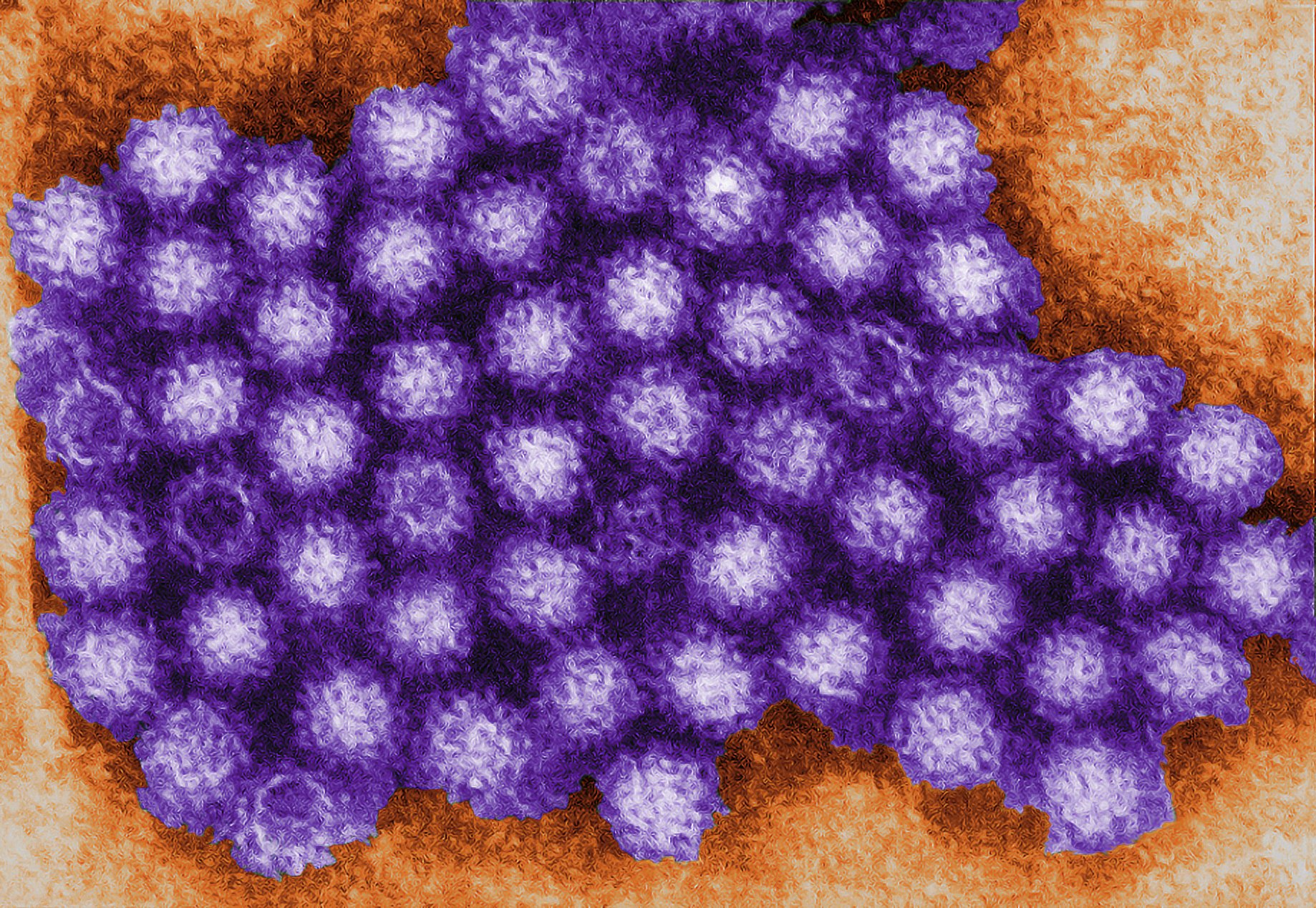


As Boston College tallies up its sick students felled by eating at a local Chipotle (141 by last count), it might consider directing other students to Chipotle’s annual report rather than it’s menu.
The eatery notes in its 2014 shareholder report that it may be at a higher risk for food-borne illness outbreaks “due to our use of fresh produce and meats rather than frozen, and our reliance on employees cooking with traditional methods rather than automation.”
Huh?
How does fresh food make me ill?
It’s doesn’t. It’s humans who make you ill, dirty unhygienic humans.
It’s kind of simple. Fecal contamination is often found on fresh produce, especially leafy greens like lettuce and spinach, if it’s not properly washed or not cooked. That’s because the people handling it may have dirty hands that they didn’t wash after using the rest room, or from touching a fecal-contaminated surface.
As the Centers for Disease Control and Prevention (CDC), has noted, it’s kitchen cooks and other food handlers who typically spread gut-churning food-borne infections. So really, it has more to do with the restaurant staff than the food itself.
So why is Chipotle saying it’s fresh food might make you sick?
For years, the fast-food chain has touted its use of what it calls food with integrity: fresh food, from farms and not factories, prepared using raw ingredients and cooked with traditional methods. So employees mash guacamole by hand. They shred already-cooked pork and beef by hand. They chop lettuce and tomatoes. What it really comes down to is managing the risks of handling all this fresh food.
As Darin Detwiler, an instructor in regulatory food issues at Northeastern University in Washington, told NBC News, lots of restaurants use fresh ingredients (and as do home cooks) without making customers sick: “It doesn’t matter what your method is as long as the meat is cooked…and fresh produce is properly cleaned and inspected along the way,” said Detwiler.
What exactly did that food worker give me?
Health officials have blamed Chipotle for recent outbreaks of both E. coli, which sickened 52 people in nine states this fall, including at one Seattle store that the local health department later shut down, and norovirus, which infected the Boston College students.
Norovirus is the most common type of food-borne illness in the U.S., says the CDC. It’s also known as food poisoning, or the stomach flu (though it is not related to influenza, a respiratory illness with which is shares symptoms). And it has a well-earned nickname, “the cruise ship virus.” In the UK, it’s called the “winter vomiting bug.” It’s common among people living in close quarters, such as during the winter, or say, on a cruise ship.
Highly contagious and extremely debilitating, norovirus inflames the lining of your stomach and your intestines (what doctors call acute gastroenteritis), causing stomach pain, nausea and diarrhea. Symptoms come on fast and powerful. Within a day of being infected, you are violently vomiting. It can bring on fever, headaches, chills and full-body fatigue.
It can also be deadly.
In the U.S., norovirus infects from 19 to 21 million a year; lands as many as 71,000 people in the hospital; and causes up to 800 deaths.
Globally, it’s worse. It causes about 200,000 deaths a year—70,000 or more of them children in developing countries.
The CDC estimates that in the U.S. each one of us will experience an average of five norovirus infections in our lifetimes. That’s a lot of time spent retching over the toilet bowl.
How do I not get it?
The virus spreads from person to person via food and water, and by touching contaminated surfaces, and then touching your mouth.
The best way to prevent the spread of norovirus is the way your mother taught you: wash your hands. Do it after you go to the bathroom, change a diaper, before you prepare food, and always whenever you sit down to eat.
No vaccine exists to prevent its spread. In March 2015, the CDC said that The Bill and Melinda Gates Foundation was working with CDC researchers, along with other expects, to find one.
Why am I sick while my dining companion is not?
Some adults acquire short-lived immunity to norovirus, though the CDC says it’s not known how the immune system achieves this or whether immunity to one strain applies to all 32 norovirus strains that infect humans. Immunity to a specific strain usually lasts about six months to two years.
And if it seems like some people never come down with the virus, you’re correct.
Some populations possess a genetic resistance to norovirus. About 30 percent of people with European ancestry and 20 percent of African descendants carry a gene mutation that makes it difficult for the most common strains to take hold.
The bad news is that norovirus constantly evolves. New variants emerge about every two to four years, in what scientists call a boom and bust cycle, and can trigger an increase in outbreaks worldwide.
So what’s the good news?
It can be stopped. All you need to do is wash your hands, restaurant people.
